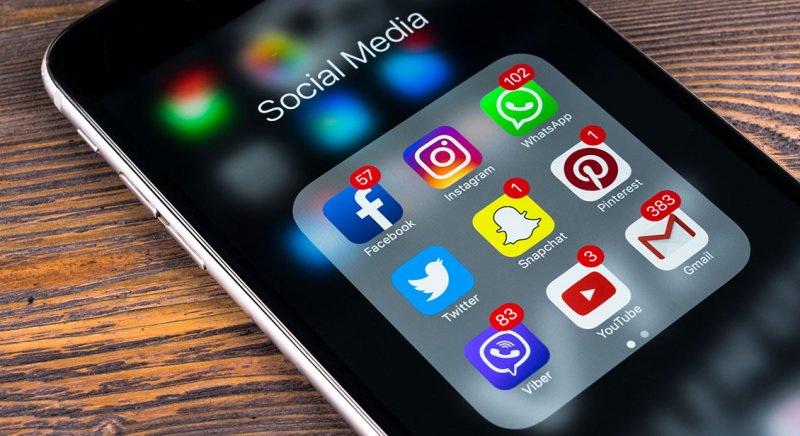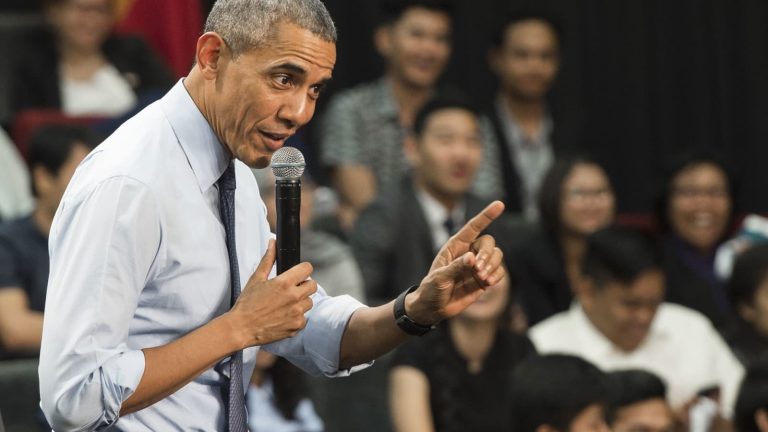Social media has undeniably transformed the way we connect, communicate, and consume information. Over the past few decades, it has evolved from simple platforms for sharing personal updates to complex ecosystems that influence every aspect of our lives. In this article, we will explore the evolution of social media and delve into its profound impact on society.
The Birth of Social Media
The roots of social media can be traced back to the early days of the internet, with platforms like SixDegrees.com in the late 1990s. These platforms allowed users to create profiles and connect with friends, paving the way for the concept of a digital social network. However, it wasn’t until the mid-2000s that social media truly began to take off with the launch of platforms like Friendster, MySpace, and LinkedIn.
The Rise of Facebook and Twitter
In 2004, Mark Zuckerberg and his college roommates launched Facebook, a platform initially designed for connecting university students. The innovative idea of creating a virtual community where people could share photos, updates, and messages with their friends quickly gained momentum. This marked a significant turning point in the evolution of social media, as Facebook expanded beyond college campuses and became accessible to a global audience.
Around the same time, Twitter emerged as a microblogging platform, allowing users to share short bursts of information in the form of tweets. This real-time platform introduced a new dimension to social media, enabling users to follow public figures, stay updated on news, and engage in concise conversations.
The Era of Visual Content
The evolution of social media didn’t stop at text-based updates. The introduction of smartphones with high-quality cameras brought about a visual revolution. Platforms like Instagram and Snapchat capitalized on this trend by focusing on photo and video sharing. Users could now capture moments, apply filters, and share them with their followers, leading to the popularization of visual storytelling.
YouTube: From Sharing to Creating
YouTube emerged as a platform where users could share and discover videos on a vast array of topics. What started as a place to upload personal videos transformed into a space where creators could build communities around their content. YouTube not only gave rise to influencers and content creators but also contributed to the democratization of media production.
The Social Media Landscape Today
Fast forward to the present day, and the social media landscape has expanded exponentially. Platforms like Facebook and Twitter continue to thrive, while new players like TikTok have disrupted the scene with short-form, creative videos. LinkedIn has evolved into a professional networking powerhouse, while Pinterest remains a hub for inspiration and idea sharing.
The Influence on Society
The impact of social media on society is both profound and multifaceted. On one hand, it has revolutionized communication, allowing people to stay connected across geographical boundaries. Friendships are maintained virtually, families share moments in real time, and long-lost acquaintances can be easily found.
However, the rise of social media has also brought about challenges. The pursuit of likes, comments, and followers has given rise to a culture of validation-seeking, often leading to mental health issues and low self-esteem. The spread of misinformation and the echo chamber effect, where users are exposed to content that reinforces their existing beliefs, have raised concerns about the role of social media in shaping public opinion.
Social Activism and Awareness
Yet, social media’s impact isn’t solely negative. It has become a powerful tool for social activism and raising awareness. Movements like #BlackLivesMatter and #MeToo gained momentum through hashtags and shared stories, shedding light on important issues and prompting conversations that might not have happened otherwise.
Looking Ahead
As we look to the future, the evolution of social media shows no signs of slowing down. Augmented reality (AR), virtual reality (VR), and artificial intelligence (AI) are poised to reshape how we interact with these platforms. The lines between online and offline experiences will continue to blur, presenting new opportunities and challenges.
In Conclusion
The evolution of social media has been a remarkable journey from simple online connections to a complex web of interactions that shape our perceptions, relationships, and society itself. While it has brought both positive and negative changes, it’s undeniable that social media is an integral part of our modern lives, and understanding its impact is crucial as we navigate this digital age.

















+ There are no comments
Add yours